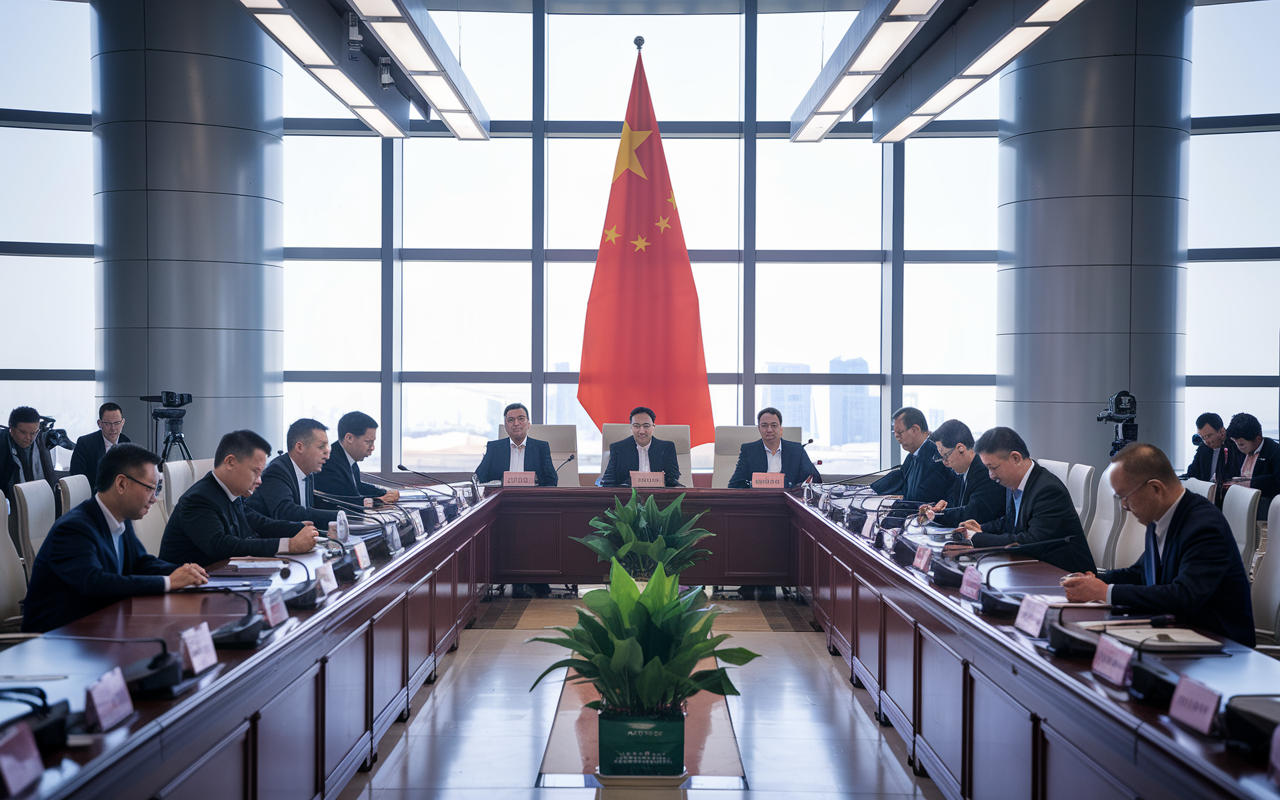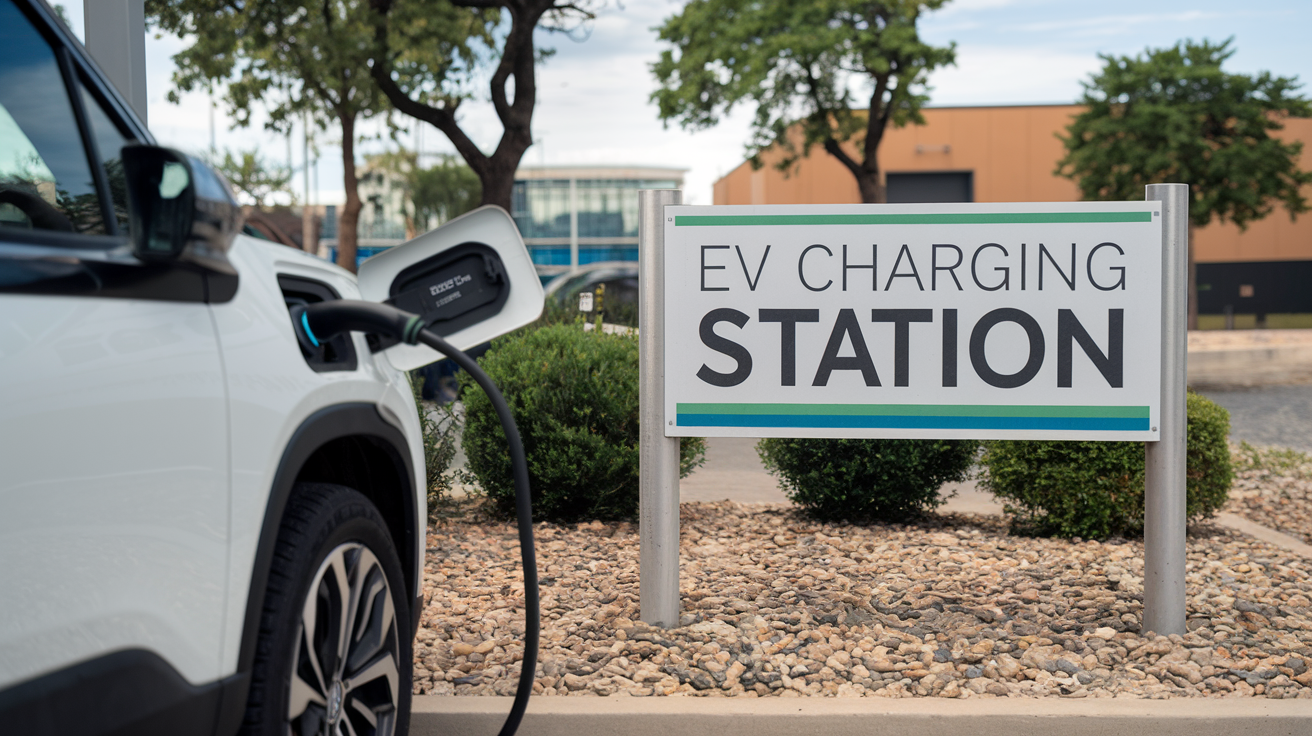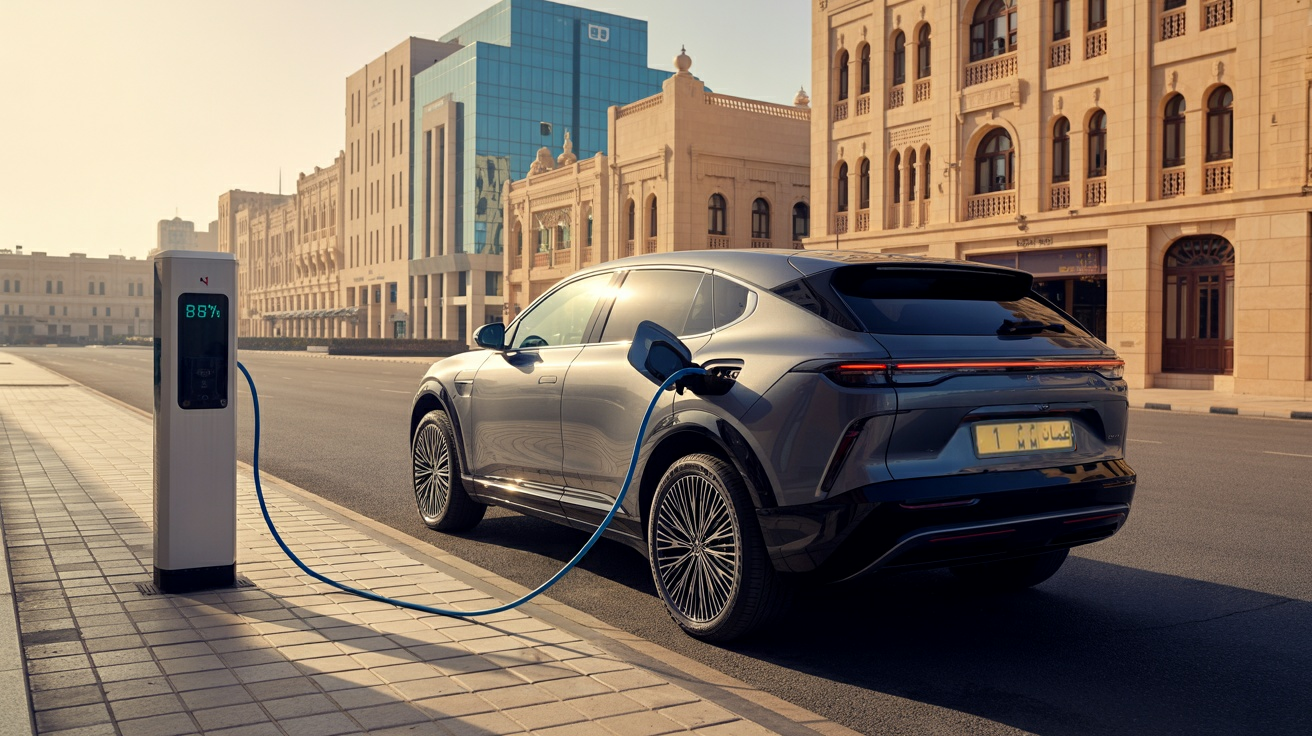
China's MIIT warns carmakers to ensure transparency in marketing assisted driving tech, urging accurate advertising to enhance road safety and prevent consumer misinformation.

Drivetech Partners
China Warns Automakers on Exaggerating Assisted Driving Claims
China's Commitment to Road Safety
In a recent move reflecting its commitment to road safety, China's Ministry of Industry and Information Technology (MIIT) summoned around 60 representatives from major carmakers. This meeting served as a platform for the Chinese regulatory body to discuss growing concerns over the marketing practices surrounding assisted driving technologies. The MIIT underscored the need for transparency and accuracy in advertising, cautioning against the use of potentially misleading terms such as "smart driving" and "autonomous driving."
Such an initiative highlights China's proactive approach to addressing safety concerns linked to advanced driver-assistance systems (ADAS). The MIIT's call for clear communication aims to ensure that consumers comprehend the actual capabilities and limitations of these technologies.
The Trigger: Recent Incidents
This regulatory attention follows in the wake of high-profile incidents involving ADAS, including a fatal accident associated with Xiaomi's SU7 sedan. Such events have fueled public apprehension and scrutiny regarding the safety and reliability of these systems. As a response, the MIIT deemed it crucial to establish stringent guidelines to prevent exaggerated claims that might mislead potential buyers.
Consumer safety has become a focal point, with regulators striving to balance innovation with protection. By ensuring accurate representation, they aim to mitigate risks posed by human misconceptions or system failures.
Impacts on Marketing Strategies
The MIIT's regulatory stance prompted automakers to revisit their marketing strategies. During the 2025 Shanghai Auto Show, industry giants like BYD, Geely, Volkswagen, Nissan, and Toyota showcased new models with a distinct emphasis on transparency and safety. BYD, for instance, introduced its "God's Eye" driver-assistance technology, shifting the narrative from futuristic technology to reliable safety features.
This paradigm shift in marketing not only complies with regulatory mandates but also aligns with evolving consumer expectations for credibility and safety assurance.
Regulatory Approvals for Software Updates
In addition to ad regulations, the MIIT has strengthened control over the deployment of software updates related to autonomous driving functions. Automakers must now secure regulatory approvals for over-the-air (OTA) software upgrades, ensuring that these updates do not serve to obscure defects or evade accountability.
Manufacturers like Tesla and Xiaomi, known for addressing software issues via OTA upgrades, are now faced with reclassification of these updates as product recalls. This means halting production and sales of affected vehicles until receiving the necessary approvals, further compelling companies to prioritize safety over expediency.
Balancing Innovation and Consumer Safety
China's regulatory approach embodies a broader effort to foster a responsible and transparent automotive industry. By implementing tighter guidelines on marketing and software updates, the MIIT seeks to harmonize technological advancement with consumer safety. The overarching goal is to create a sustainable environment where innovation thrives within safe and ethical boundaries.
Through these measures, China is setting a precedent for other nations to consider similar approaches, reinforcing the importance of transparent communication and consumer protection amidst rapid technological advancements in the automotive sector.
The Road Ahead
As the automotive industry continues to evolve, the MIIT's directives serve as a critical roadmap for automakers. Emphasizing safety and accountability will be paramount as manufacturers navigate the complexities of emerging technologies. By aligning with regulatory standards and fostering consumer trust, the industry moves towards a future defined by innovation that respects the well-being of all road users.
Overall, China's actions reflect a commitment to not only leading in technological advancements but also in setting the benchmark for safe and ethical practices in the automotive industry.
Sources for this article include reports from Reuters and Financial Times.





